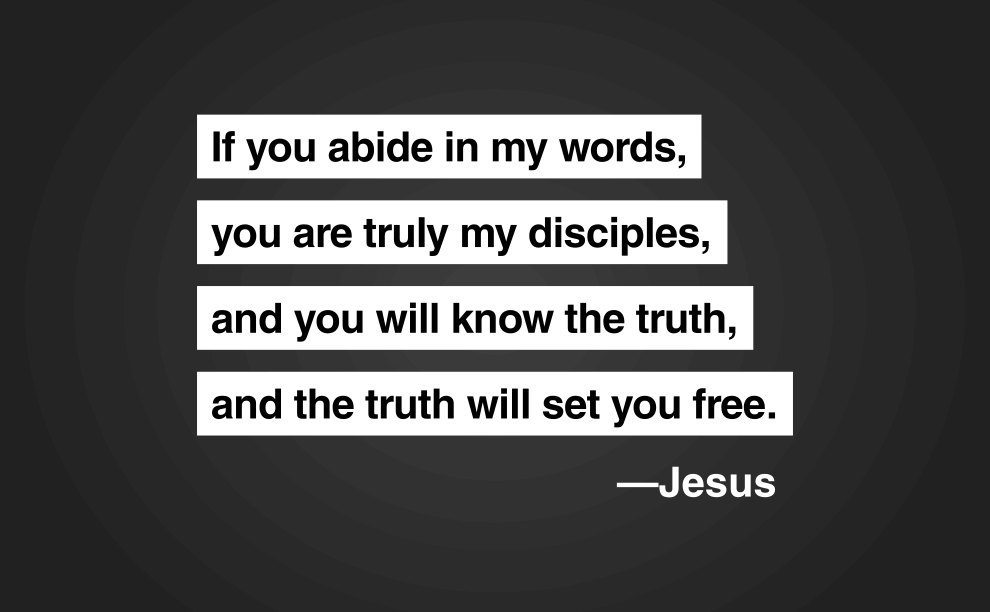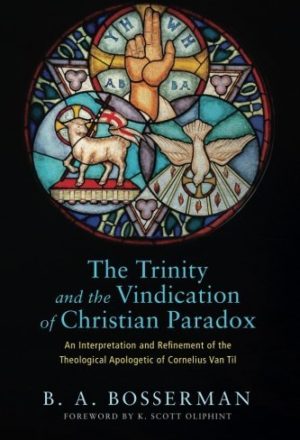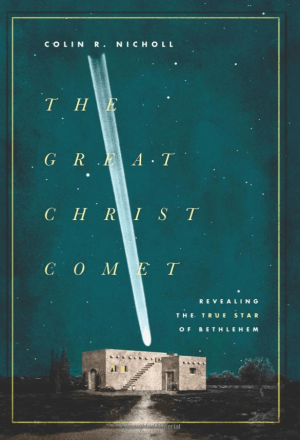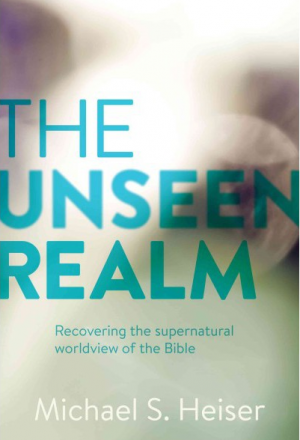“Truth is stranger than fiction, but it is because Fiction is obliged to stick to possibilities; Truth isn’t.”—Mark Twain.
Hermeneutics:
- the study of the methodological principles of interpretation (as of the Bible)
- a method or principle of interpretation — a philosophical hermeneutic
In Merriam-Webster’s dictionary (www.merriam-webster.com)
One’s hermeneutic is the lens through which they see and interpret the world. Everyone has a hermeneutic, informed by presuppositions, and it is impossible to escape. There is no such thing as a perfectly clean slate or the perfect “rational person” that is able to interpret meaning 100% divorced from presupposed belief. In light of this we make our hermeneutic known: that the Bible is true, the Gospel message of Jesus Christ revealed in the Bible and reflected in creation is true, and since this revelation comes from the Creator of all things, it is the best avenue by which one can understand the universe and all of existence.
Our Position
Modernism has dominated cultural thought, arguably for hundreds of years, which opened the doors for progress in a number of areas, such as a renewed value in reason, scientific advancement, the industrial revolution, and the diversification of ideas through mass communication. However, modernism also led to the rejection of tradition, religious beliefs, and ancient and medieval knowledge. It has also led to an overreaching obsession with the quantifiable, observable, and dissectible. The ramifications of these obsessions are widespread, evidenced in a culture-wide dismissal of the supernatural & paranormal, the abandonment of rich cosmology, the burying of evidence by governing powers that contradicts the narrative of modernism, and the laundering of beauty out of the mundane.
There is an increasing demand for guidance and answers regarding these dismissed topics, supported by the increasing volume of content covering them in news syndication, blogs, podcasts, and YouTube. The world and universe in which we live is strange, wondrous, and full of mystery and Western culture is beginning to experience a re-enchantment towards the cosmos. However, the current representation of stranger things in media has left us a minefield of empty speculation, hoaxes, disinformation, lies, and deception.
Current content providers of these topics are a conglomerate of fear-mongers, lovers of conspiracies (Isaiah 8:12), debunkers, and exploiters of the naïve that chop images and mix narration merely for ad revenue, and Christians who espouse falsehoods without accountability. Trustworthy Christian voices are largely absent or dismissive of these topics in public discourse, and therefore it is nearly impossible to find edifying content that covers them. The purpose of Gospel Vision is to fill this gap in public discourse by doing the following:
- Provide content in the form of researched blog posts, articles, testimonies, interviews, opinion pieces, and eventually podcast audio and video that covers strange things from a Gospel perspective
- Validate strange realities that hold up to scrutiny, but are still commonly avoided and/or dismissed by modernism
- Become the go-to authority of gospel-centered discourse and analyses of these topics without being dismissive or naïve and gullible: How should Christians think about them?
- Combat the stigma that Christians are unable to address these topics in a sensible way
- Offer “traditional” Christian content in the form of biblical exposition, opinion pieces informed by sound doctrine, and gospel-centered analyses of less-strange current events and cultural thought
The purpose of number five is to provide a control group of content, so to speak, to demonstrate sincerity about Jesus and the Bible apart from strange things.
Strange Things?
The umbrella of topics opens wide. We are open to covering anything that is a deep mystery, where truth has been dismissed, hidden, lost, covered up, falsified, elusive, and/or forgotten. A non-comprehensive short list may include the supernatural, spirit beings, celestial beings, spiritual warfare, historical accounts either lost or edited out for modern tastes, alternative cosmologies, miracles, conspiracies, eschatology, paranormal activity, parapsychology (psi), sorcery & witchcraft, the Antediluvian world, dream interpretation and other spiritual gifts, neuroplasticity, epigenetics, time travel, quantum weirdness—things in these veins.
We think it’s valuable to restate the following goal: How should Christians think about these things and how can we point people to Jesus? Our goal is not to offer blanket acceptance of every topic and post and neither are we skeptics bent on dismissal. Some topics will receive blanket acceptance from us, since they are obvious within the Gospel/Biblical hermeneutic, e.g. spiritual warfare.
Grid of Truth
Our contributors will follow a grid of truth by measuring and testing content claims against truth authorities. We don’t have an exhaustive list, nor do we propose a perfect order, except the first item is the highest authority of truth. This is part of our presupposition:
- The revelation of God in the whole canonical Bible (66 Books)
- Logical and Mathematical axioms
- Books, articles, and commentaries from Christians we trust, past and present, e.g. Enoch (first book), Augustine, Edwards, Owen, Piper, Keller, Sproul, etc.
- Personal testimonies
- Special revelation, prophecy, dreams, and visions with external confirmations that ultimately affirm Scripture and aid in the proliferation of the Gospel message of Jesus Christ—these are affirmed as authoritative within a continuationist hermeneutic.
- Published research and science
- Natural observations
- Theories
With this manifesto, we begin our endeavor to explore truth and we hope and pray that God uses it to enlighten us (John 1:9).




















